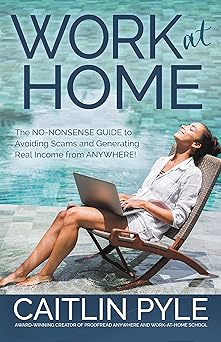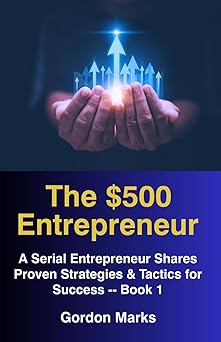
Testable Minds is an online research platform that connects participants, called “minds,” with academic researchers from universities and institutions around the world. Unlike traditional survey sites that focus on market research or consumer feedback, Testable Minds specializes in academic and psychological studies. This focus makes it a unique and often more intellectually engaging way to earn money online.
How Testable Minds Works
Testable Minds operates as a bridge between researchers and participants. Researchers post studies related to psychology, behavioral science, linguistics, and social science, and participants complete these studies for monetary rewards. The process is simple: you sign up, verify your email, and begin browsing available studies in your dashboard.
Each study includes clear details such as the expected duration, compensation, and topic area. Some studies take only a few minutes, while others can last up to an hour or more. After completing a study, your payment is added to your account balance, which you can later withdraw through supported payment methods such as PayPal.
Earning Money on Testable Minds
The primary way to earn on Testable Minds is by participating in studies. Payment per study varies, usually depending on its length and complexity. A short five-minute study may pay around fifty cents to a dollar, while longer studies of thirty to forty minutes can pay five dollars or more. What makes this platform stand out is that many of the studies are interesting and educational, often asking you to perform small cognitive tasks, read short texts, or make decisions in hypothetical situations.
Another benefit is that most of the studies are created by real researchers from universities, which gives the platform credibility and ensures that the studies are well-designed and respectful of your time. Payments are generally processed after the researchers review your participation, which can take a few days. Once your balance reaches the withdrawal threshold, you can cash out with minimal hassle.
Why Testable Minds is Good for Earning Extra Money
One of the best aspects of Testable Minds is that it values participants’ time. The pay rates are often higher than typical survey sites, especially when considering the short duration of most studies. Since the studies are based on real research, they tend to avoid repetitive or low-quality questions that plague many other earning platforms.
In addition, Testable Minds maintains transparency. Each study clearly lists how much you will earn and how long it will take, allowing you to decide if it is worth your time. There are no hidden fees, and the minimum withdrawal limit is reasonable, making it possible to get paid without waiting months to reach a threshold.
Another advantage is the quality of experience. Because Testable Minds partners with universities and researchers, there is a certain level of professionalism in the studies. This means fewer technical errors, better communication, and a smoother process overall. For people who enjoy learning or participating in research, this platform offers the added benefit of intellectual engagement along with earning potential.
Who Should Use Testable Minds
Testable Minds is ideal for anyone who wants to earn extra income in their spare time, particularly those who enjoy participating in academic studies. Students, stay-at-home parents, retirees, or anyone with flexible schedules can benefit from it. It is not a full-time income source, but it serves well as a side hustle or supplemental income option.
It also suits people who appreciate the scientific aspect of research. Instead of simply clicking through product-related surveys, you might find yourself participating in experiments about human behavior, memory, or decision-making. This can make the experience more meaningful than standard survey sites.
Pros and Cons
The major advantages of Testable Minds include fair pay, interesting tasks, and a reputable background. It offers studies that are engaging and educational, and payments are reliable. On the downside, studies are not always available, especially depending on your location or demographic profile. There can be times when the number of studies is limited, requiring patience to find new opportunities.
Additionally, while the pay is fair, it is not enough to replace a full-time job. It should be viewed as a side income rather than a main source of earnings.
Final Thoughts
Testable Minds stands out among online earning platforms because it combines learning, science, and compensation in a fair and transparent way. It is especially good for those who enjoy participating in academic research and who appreciate intellectually stimulating activities. The pay is reasonable, the tasks are interesting, and the platform is trustworthy.
While it may not provide constant work, it offers a genuine way to make extra money without dealing with spam or low-quality surveys. For anyone seeking a reliable and enjoyable way to earn a bit of income online, Testable Minds is well worth trying.



